 In the 17th and 18th centuries the order of the Jesuits began a system of missionary work called “Reductions” in order to catholicize native peoples in Spain, Argentina, Brazil, Bolivia and America. These were the beginning of communist and socialist ideas of human society that dominated the 20th century and now have our country by the throat. The following is taken from the book The Footprints of the Jesuits, by R.W. Thompson (New York: Hunt & Eaton, 1894) pg. 173-177
In the 17th and 18th centuries the order of the Jesuits began a system of missionary work called “Reductions” in order to catholicize native peoples in Spain, Argentina, Brazil, Bolivia and America. These were the beginning of communist and socialist ideas of human society that dominated the 20th century and now have our country by the throat. The following is taken from the book The Footprints of the Jesuits, by R.W. Thompson (New York: Hunt & Eaton, 1894) pg. 173-177
“The Government established by them in Paraguay was essentially monarchical. It could not have been otherwise* under the principles of their constitution. Under the false name of a Christian republic, it was, to all intents and purposes, a theocratic State, so constructed as to free it from all European influences except such as emanated from their superior at Rome. All the intercourse they had with the Church and the pope was through him, and whatsoever commands he gave were uninquiringly obeyed by them, without stopping to investigate or concerning themselves in the least to know whether the Church and the pope approved or disapproved them. In order to impress the natives with the idea of their independence and of their superiority over the monastic orders and the Church ecclesiastics, they practiced the most artful means to persuade them to hold no intercourse with either Spaniards or Portuguese, upon the ground that they could not do so without encountering the example of their vices and immoralities. The unsuspecting Indians were easily seduced by acts of kindness, and the result was that, in the course of a brief period, they succeeded in establishing a number of what were called Reductions — or, more properly speaking, villages with multitudes of Indians assembled about them; [The modern day commune-DS] the whole aggregating, in the end, several hundred thousand. These constituted the Jesuit State, and were all, by the mere ceremony of baptism, brought under Jesuit dominion. At each Reduction the natives were allowed to select a secular magistracy, with limited and unimportant powers over such temporal affairs as could be intrusted to them without impairing the theocratic feature of the Government. But in order to provide against the possibility of permitting even these few temporal affairs from being conducted independently of them, they adopted the precaution of providing that, before any important decisions were carried into effect, they should obtain their sanction as ”spiritual shepherds.” There never was anywhere a more thorough and complete blending of Church and State together.
Although this new State was established under the pretense that it was necessary to protect the natives against the bad influences of the Spaniards and the Portuguese, the approval of it by the King of Spain, Philip III, was obtained by the promise that every adult must pay him the tribute of one dollar” a consideration of chief importance with him.
Philip IV was equally disposed to favor the Jesuits, presumably for the want of proper information; for it would have required but little investigation at that time to have discovered that the only motive of the Jesuits for securing royal approbation in Europe was that they might ultimately acquire power to plot against European royalty itself when it should stand in the way of their ambition. To show how little obedience was paid to the public authorities of either Spain or Portugal, it is only necessary to observe that each Reduction was governed by a Jesuit father, supported by a yicar and a curate as assistants but whose chief duty was espionage.
This governing father was under the orders of a superior, who presided over a diocese of five or six parishes, the supervision and management of the whole being lodged in the hands of a provincial, who ”received his orders direct from the general in Rome.” If, therefore, the kings of Spain and Portugal supposed that the Jesuits in Portugal intended to pay fidelity to them, or to either of them, they were deceived as, in the course of events, they discovered. They obeyed their general in Rome, and him alone.
The praise ought not to be withheld from the Jesuits, that the natives who were thus brought under their influences were better and more kindly treated than those who were compelled to submit to the dominion of Spaniards and Portuguese beyond the limits of Paraguay. They ”par- took of their labors, of their amusements, of their joys, of their sorrows. They visited daily every house in which lay a sick person, whom they served as the kindest nurse, and to whom they seemed to be ministering genii.” By these and other kindnesses they brought the Indians to look upon them with a feeling bordering upon idolatry. But whilst they were friends, they were also sovereigns, and “governed with absolute and unquestioned authority.” This was a necessary and indispensable part of their system of government, which embodied the Jesuit idea of a Christian republic. [The same fascistic type of Republic that flies for Christianity today. Romanism and more specifically Jesuitism is Militant Christianity come into it own-DS] It was in everything pertaining to the management of public affairs an absolute monarchy, with all its powers centered in the general at Rome, whose authority was accepted as equal to that of God, and to whose command obedience was exacted from all.
Apart from this governing authority, universal equality prevailed. The principles of socialism or communism very much as now understood governed all the Reductions.
Everything necessary to the material comfort and prosperity of the Indians was in common. Each family had a portion of land set apart for cultivation. They also learned trades, and many of them, both men and women, became experts.
But the earnings of the whole were deposited in common storehouses at each Reduction, and distributed by the Jesuits in such portions to each individual as necessity required. [Exactly like our Federal Reserve bank through the income tax-DS] ‘Even meat was portioned from the public slaughter-houses in the same way.’ The surplus produce remaining after these distributions was sent to Europe, and sold or exchanged for wares and merchandise, solely at the discretion of the ‘Jesuits. Everything was conducted in obedience to them, and nothing contrary to their orders was tolerated. Rigid rules of conduct and hours of labor were prescribed, and the violators of them were subject to corporal punishment.
Houses of worship, colleges, and palatial residences for the Jesuit fathers, were built by the common labor and at the expense of the common treasury. Suffrage was universal; but the sanction of the Jesuits was necessary to the validity of the election. In fact, says Nicolini, “the Jesuits substituted themselves for the State or community”‘ — a fact which fully establishes the monarchical and theocratic character of the Government.
In order to teach the confiding Indians that obedience to authority was their chiefest duty, they were subjected to rules of conduct and intercourse which were enforced with the strictest severity. They were watched in everything, the searching eyes of the Jesuits being continually upon them. They constituted, in fact, a state of society reaching the Jesuit ideal completely; [Just like our contemporary Police State and the Patriot Act-DS] that is, docile, tractable, submissive, obedient, without the least real semblance of manhood. Having thus completed their subjugation, energetic measures were adopted to render any change in their condition impossible. For this purpose care was taken to exclude all other than Jesuit influences, and to sow the seeds of disaffection towards everything European, the object being to surround them with a high wall of ignorance and superstition, which no European influences could overleap, and within which their authority would be unbounded. They were instructed that the Spaniards and the Portuguese were their enemies, that the ecclesiastics and monkish missionaries sent over by the Church were unworthy of obedience or imitation, and that the only true religion was that which emanated from their society and had their approval. If these simple-minded people were taught anything about the Church, it was with the view of convincing them that the Jesuits represented all its power, authority, and virtue, and that whatsoever did not conform to their teachings was sinful and heretical. If they were told anything about the pope, it was to represent him as inferior to their general, who was to be regarded by them as the only infallible representative of God upon earth. That all other ideas should be excluded from their minds, they were not permitted to hold any intercourse Whatsoever with Europeans; for fear, undoubtedly, they might hear that there was a Church at Rome, and a pope higher than their general. They were not allowed to speak any language but their own, so as to render it impossible to acquire any ideas or opinions except such as could be expressed by means of its limited number of inexpressive words; that is, to
keep them entirely and exclusively under Jesuit influences. To sum up the whole, without further detail, the Indians were regarded as minors under guardianship, and in this condition they remained for one hundred and fifty years, without the possibility of social and national development.”
I suggest to the reader to also study Roman Catholic Sir Thomas More’s Utopia and its influence on Marxist philosophy. Marxist Karl Kautsky argued in his book Thomas More and his Utopia that More’s work was an early development of socialist ideas. Even the New Advent Catholic Encyclopedia admits in its article “Reductions of Paraguay”,
“(1) Conditions of Property
The economic basis was a sort of communism…The land and all that stood upon it was the property of the community. The land was apportioned among the caciques,
who allotted it to the families under them. Agricultural instruments and draught-cattle were loaned from the common supply. No one was permitted to sell his plot of land or his house, called abamba, i.e. “own possession.” The individualefforts of the Indians, owing to their indolence, soon proved to be inadequate, whereupon se
parate plots were set aside as common fields, called Tupamba, i.e. “God’s property” which were cultivated by common labour under the guidance of the Padres. The products of these fields were placed in the common storehouse, and were used partly for the support of the poor, the sick, widows, orphans,Church Indians, etc., partly as seed for the next year, partly as reserve supply for unforeseen contingencies, and also as a medium of exchange for European goods and for taxes (see below). The yield of the private fields and of private effort became the absolute property of the Indians, and was credited to them individually in the common barter transactions, so that each received in exchange the goods he desired. Those abamba plots which gave a smaller yield because of faulty individual management were exchanged from time to time. The herds of livestock were also common property. The caballos del Santo, which were used in processions on festal occasions, were especially reserved. Thus the Reduction Los Santos Apostoles at one time owned 599 of these.”
Reader do you not see the clear foundation of the Jesuit Communism being the inspiration of Karl Marx’s Communist Manifesto?
I also suggest to the reader, to watch the movie The Mission. It is an account of the South American Jesuit Reductions.



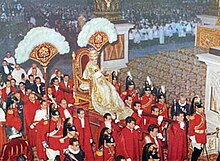

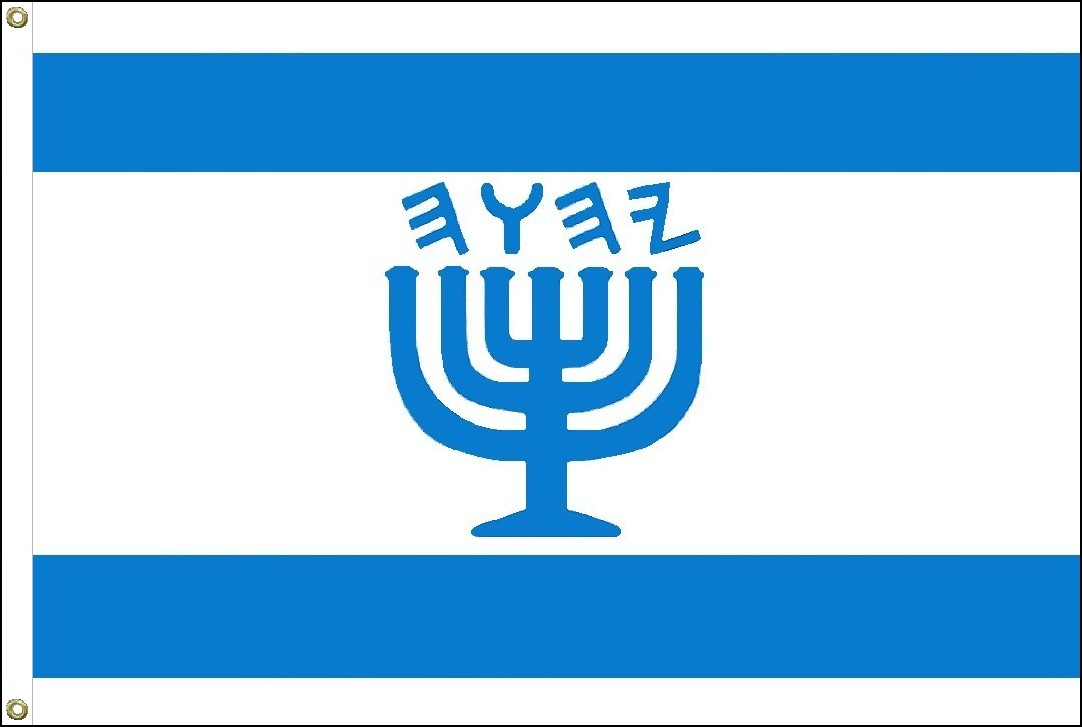

-1-.jpg)

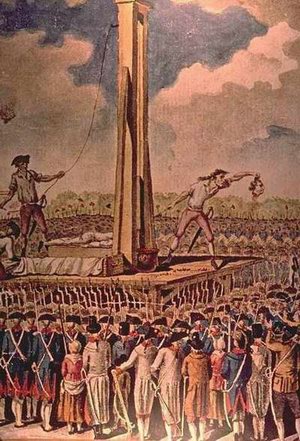












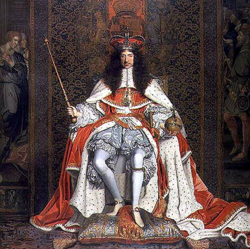










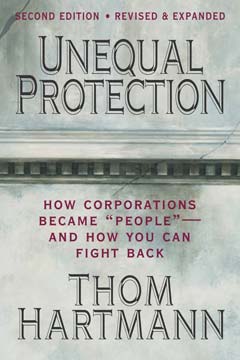
[…] Jesuit Roots of Socialism and Communism This article is a Repost from Drakeshelton.com posted under Atheism and Jesuits by olivianus on Wednesday, Jan 18 2012 12:44 am In […]